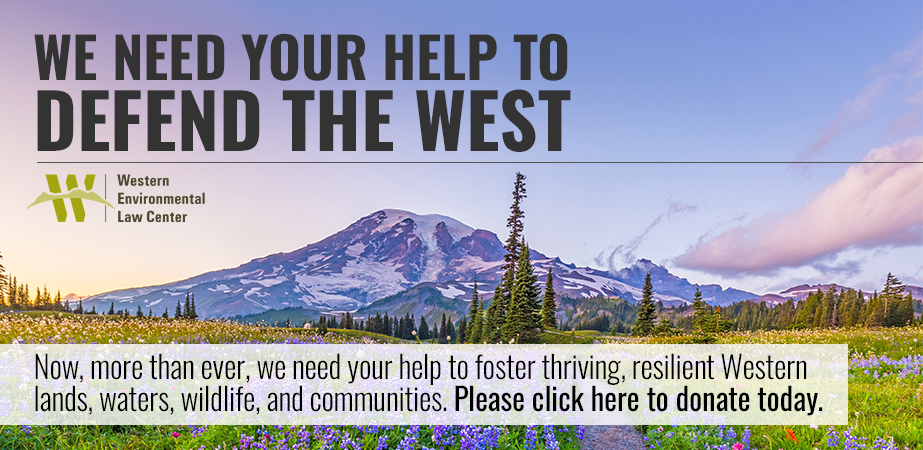Today, the Western Environmental Law Center and Western Organization of Resource Councils released a report on state oil and gas regulations for methane waste. The authors performed extensive research to determine whether anticipated federal standards are needed to fill holes in state oil and gas methane waste regulations for federal lands.
This research shows state oil and gas regulators are falling short in controlling venting (deliberate emissions to the air), flaring (burning at the well site), and requiring maintenance to leaky infrastructure. State oil and gas rules do not cover most sources of waste and don’t use key management tools like conditions on permits.
These shortcomings threaten public health because dangerous pollutants are released alongside methane. They squander energy that could be used by homes, schools, and businesses, and rob public treasuries of royalty revenue. This waste also harms other resource values and makes an outsize contribution to climate change.
Venting, flaring, and leaks waste $227 million worth of natural gas per year on federal lands, which could be used to heat 1 million homes and represent the climate pollution of 12 coal-fired power plants. In addition, methane waste can result in more drilling, and more impacts on the landscape including more wells, roads, traffic, pipelines, and flares.
Low-cost solutions for our national methane waste problem are available, and can help achieve the Obama administration’s goal of reducing methane emissions by 40-45 percent from 2012 levels by 2025. These cuts can be achieved for just one penny per thousand cubic feet of gas, which is 0.5 percent of the current natural gas price of around $2.00 per thousand cubic feet.
The Bureau of Land Management is preparing to propose a methane waste rule to complement EPA’s clean air methane rule. The EPA rule covers new or modified sources of methane, while a BLM rule would cover existing sources. Over the next few years, 90 percent of emissions will come from existing, not new sources. A BLM rule would help change the role of regulators from rubber-stamping venting and flaring to attaching conditions on permits from the beginning.
With state oil and gas rules not in place to adequately prevent methane waste, it’s crucial that BLM issue a strong methane waste rule to fulfill its duty to the American public to minimize public resource waste.
Download a copy of the report here and the two-page report summary here.
Contacts:
Laura King, attorney, Western Environmental Law Center, 406-204-4852, gro.w1751321935alnre1751321935tsew@1751321935gnik1751321935Thomas Singer, Ph.D., senior policy advisor, Western Environmental Law Center, 505-231-1070, gro.w1751321935alnre1751321935tsew@1751321935regni1751321935s1751321935Scott Skokos, regional organizer, Western Organization of Resource Councils, 406-850-9755, gro.c1751321935row@s1751321935okoks1751321935s1751321935
The Western Environmental Law Center is a public interest nonprofit law firm. WELC combines legal skills with sound conservation biology and environmental science to address major environmental issues throughout the West. Read more about our methane work here. www.westernlaw.org
The Western Organization of Resource Councils is a regional network of grassroots community organizations that include 12,200 members and 39 local chapters. WORC’s mission is to advance the vision of a democratic, sustainable and just society through community action. WORC is committed to building sustainable environmental and economic communities that balance economic growth with the health of people and stewardship of their land, water and air resources. www.worc.org

